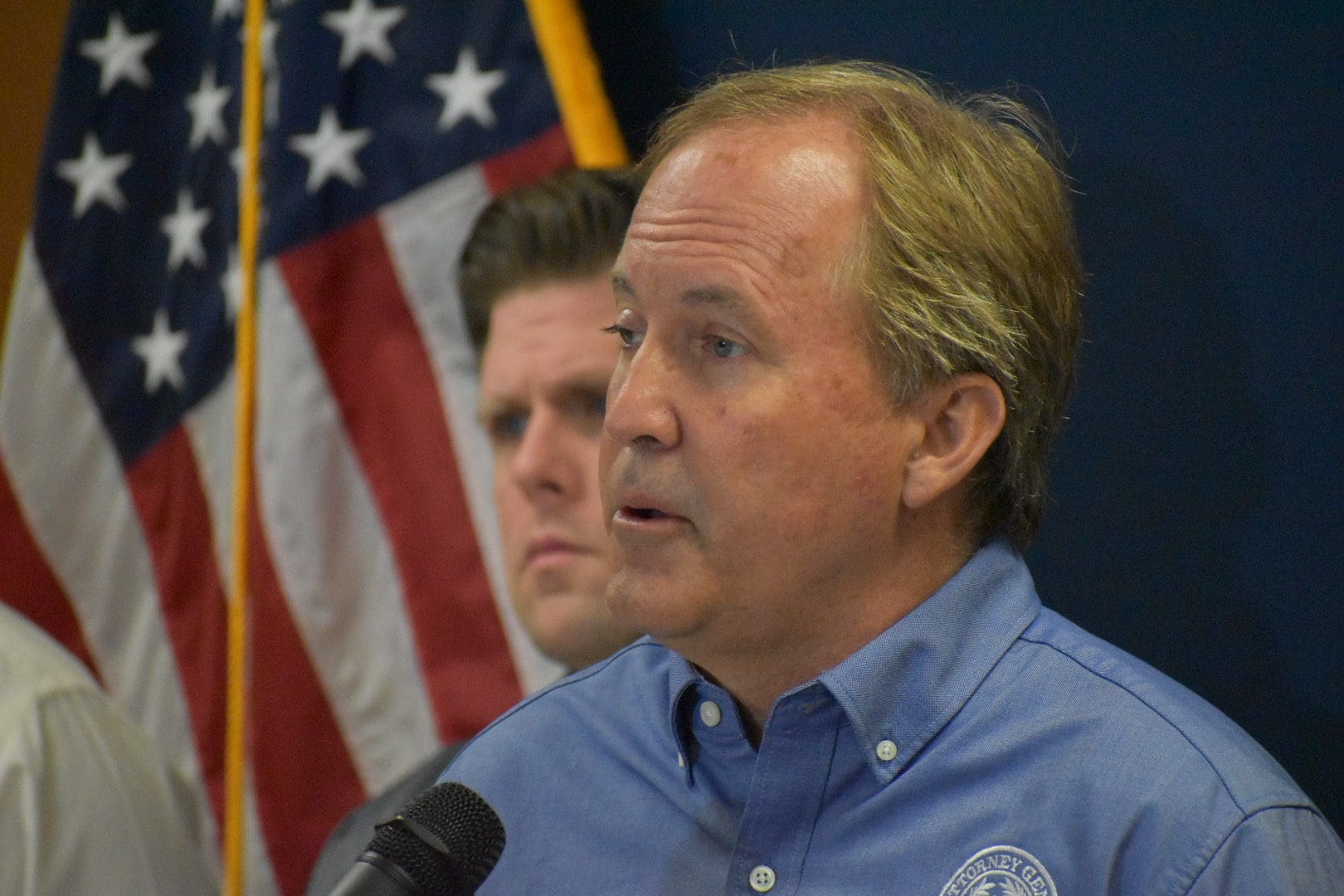Conservative lawmakers in the Texas House are calling for Republicans to choose the House Speaker in the GOP caucus, free from Democrat influence.
On Thursday the conservative Texas Freedom Caucus sent a letter to House Republican Caucus Chairman Tan Parker (Flower Mound) asking him to schedule a meeting “for the sole purpose of discussing and/or adopting a procedure to determine our nominee for Speaker of the House.” According to the bylaws of the GOP caucus, Parker has seven days to set a meeting in which members can propose procedures.
The request comes as House Speaker Joe Straus continues using dictatorial tactics to maintain control of the chamber, resulting in frustration from Republicans of all stripes.
The letter to Parker reads in part:
A Republican Speaker of the House should first win the confidence of a majority of his or her fellow Republicans,” the letter states. “To do so, Republicans should determine their candidate for Speaker in a called meeting of the House Republican Caucus before the 86th Legislature convenes in 2019. Such a meeting is called for in the Republican Party Platform.
Before we select a person, we need to select a procedure.
In order for Republicans to choose their nominee for Speaker, we need a procedure in place to guide that process. However, no procedure for selecting our Speaker nominee with proper order has been adopted by the Republican Caucus. Such a procedure is critical to successfully choosing a nominee, and must be put in place well in advance of a meeting where nominees are considered.
As noted in the letter, the RPT platform explicitly calls on Republican lawmakers to caucus and select a Speaker candidate in plank 70:
We oppose the use of pledge cards and call for the Republican members to caucus after each November general election to determine by secure secret ballot, their candidate for Speaker. We also call for the Republican members to vote as a unified body for their selected speaker candidate when the legislature convenes in regular session.
In most legislative bodies, each political party conducts a caucus meeting before the election of a presiding officer. As expected, each party selects a candidate from among their ranks to run for the seat in a full election. Such is the case in Congress where, last January, Republicans nominated and voted for House Speaker Paul Ryan, while Democrats nominated and all voted for Democrat Congresswoman Nancy Pelosi (California).
Not the case in the Texas House.
Unlike their colleagues in all fifty states save New Hampshire, members of the Texas House do not hold a caucus within their party to select a nominee and the Speaker of the House. Instead, the presiding officer of the chamber has been elected with the support of lawmakers from both parties for years–often without any formal opposition. Such an arrangement is what allowed Joe Straus to come to power in a coup against his own party.

In 2009, eleven liberal Republicans met at the Austin home of State Rep. Byron Cook on Polo Road. With their 11 votes, and 64 from House Democrats who pledged to vote for anyone but then-Speaker Tom Craddick of Midland, Straus betrayed Republicans with his purple majority and assumed the gavel.
The “Polo Road Gang” cleverly selected Straus only after many rounds of balloting. Several of the group had too much baggage to be the nominee, and too little trust in each other that they would share power when eventually elected. Straus was so new – he had served less than two terms – that he had no time to make enemies and would serve as the puppet for the group and their Democrat allies. All the conspirators needed was a few more Republican votes that they quickly received when two more joined their number.
With 64 Democrats and 13 turncoat Republicans in with Straus, the conspirators had a total of 77 combined votes–a thin, but sufficient majority necessary to elect a Speaker in the 150 member Texas House.
Faced with the prospect of taking the election to the floor and losing, Craddick withdrew and Straus was elected with no formal resistance. Since then he’s faced some opposition, but stands little chance of being dislodged on the floor where he can rely on Democrats to continue to support him. Under the current party split in the chamber, Straus could be reelected speaker with only twenty Republican votes and a united Democrat Caucus.
But that would all change if Republicans voted internally for a nominee and then voted as a caucus on the floor. Then Straus (or anyone else wishing to be speaker) would have to obtain the support of a majority of their fellow Republicans. That number is currently 48.
Such a change would result in the election of a more mainline Republican as speaker rather than one of the chamber’s most liberal.
Today’s letter was signed by all twelve members of the Texas Freedom Caucus: State Reps. Kyle Biedermann (Fredericksburg), Briscoe Cain (Deer Park), Matt Schaefer (Tyler), Matt Shaheen (Plano), Matt Krause (Fort Worth), Jonathan Stickland (Bedford), Valoree Swanson (Spring), Mike Lang (Granbury), Jeff Leach (Plano), Tony Tinderholt (Arlington), Bill Zedler (Arlington), Matt Rinaldi (Irving), as well as State Reps. Cole Hefner (Mt. Pleasant) and Scott Sanford (McKinney).





